Frontier County Spelling Bee
The 2015 Frontier County Spelling Bee was held February 3rd, in Curtis, Nebraska, at Medicine Valley School. Schools participating in the event were Eustis-Farnam, Medicine Valley and Maywood Public School. Maywood students that participated in the written portion of the event included 5th graders: Chloe Stucky, Avery Gerlach, McKenna Renner, Ridge Hastings and Sebastian Kramer; 6th graders: Reagan Williams, Matthew Jacobs and Jaden Wolfe; 7th graders: Kizziah Rutherford, River Hastings, Nolan Benjamin, Chance Frost and Parker Johnston; 8th graders: Austin Wolfe and Mariah Schneider. Ten of the contestants listed above passed the written test and made it to the oral portion of the bee. These were: Chloe Stucky, McKenna Renner, Reagan Williams, Matthew Jacobs, Jaden Wolfe, River Hastings, Nolan Benjamin, Chance Frost, Austin Wolfe and Mariah Schneider. Three of these students made it to the final 5 of the contest: Reagan Williams, Jaden Wolfe and Nolan Benjamin. Although these students did not win the contest, they represented Maywood with pride and determination. When you see our contestants on campus, make sure to thank them for their effort and school pride.
Spelling bees have been around for a long time. The first documented case of a spelling bee called such was in 1825. It wasn’t until a century later that the first National Spelling Bee was held in 1925 and was sponsored by the Louisville Courier-Journal. Nine finalists competed in that first spelling bee in Washington D.C. The winning word that year was “gladiolus”, spelled by 11 year old Frank Neuhauser who died on March 22, 2011 at the age of 97.
The first almost fully deaf person to compete in the National Spelling Bee was Jimmy McCarthy in 1996. He ended up finishing at 48th place out of 247 students, which is even more impressive considering that in order to spell the words, he has to first know what the word is, something that was somewhat problematic in conveying to him, due to his deafness. In order to do this, he had an interpreter who would mouth the word, sign it (but not spell it obviously), and he had a radio device that helped him hear the announcer slightly. However, this still was difficult, given the abstract words they often used for him. For example, one word “dormition” was particularly hard to convey as there is no such word in sign language (as there are only about 40,000 “words” in the particular sign language he knew, compared to nearly half a million words in English). In order to convey “dormition”, meaning “being taken up into heaven”, the interpreter mouthed it and signed “death” and “sleep” at which point McCarthy figured out what word it was they wanted him to spell and he spelled it correctly. He lost when he failed to spell “ululant” (means “howling” or “wailing”). He instead spelled “undulant” meaning “resembling waves”. So it would appear he lost not necessarily because he couldn’t spell the word, but because he was spelling a different word, due to not being able to tell what they wanted him to spell.
The word bee, as used in spelling bee, is one of those language puzzles that has never been satisfactorily accounted for. A fairly old and widely-used word, it refers to a community social gathering at which friends and neighbors join together in a single activity (sewing, quilting, barn raising, etc.) usually to help one person or family.
The earliest known example in print is a spinning bee, in 1769. Other early occurrences are husking bee (1816), apple bee (1827), and logging bee (1836). Spelling bee is apparently an American term. It first appeared in print in 1875, but it seems certain that the word was used orally for several years before that. Bee may simply be a shortened form of been, but no one is entirely certain.


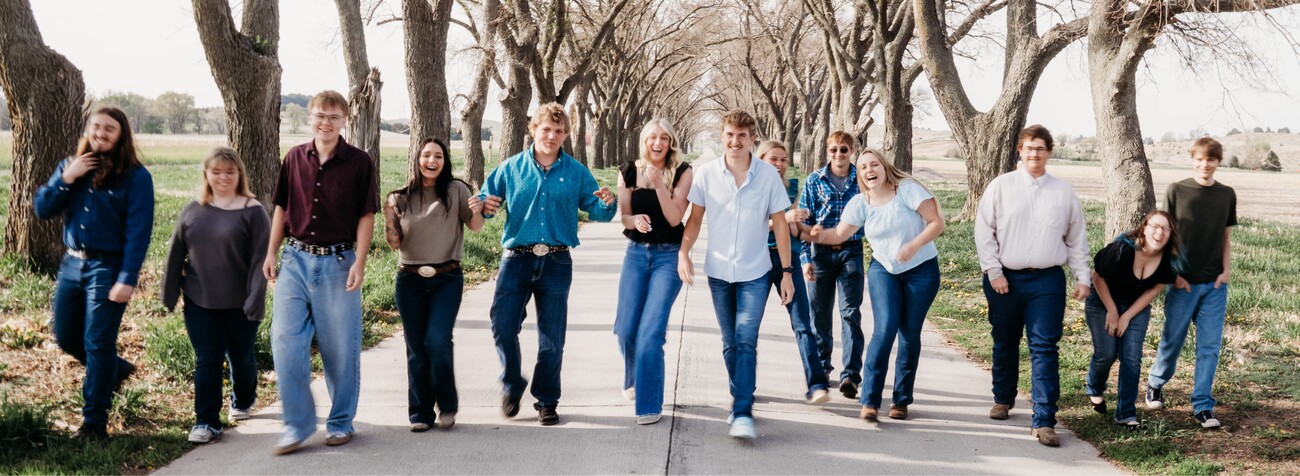
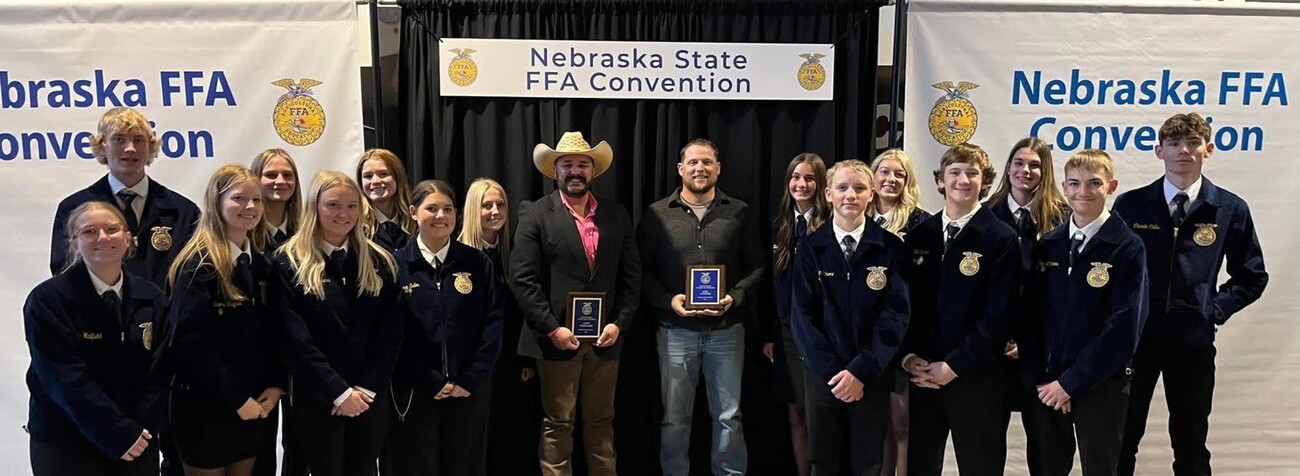
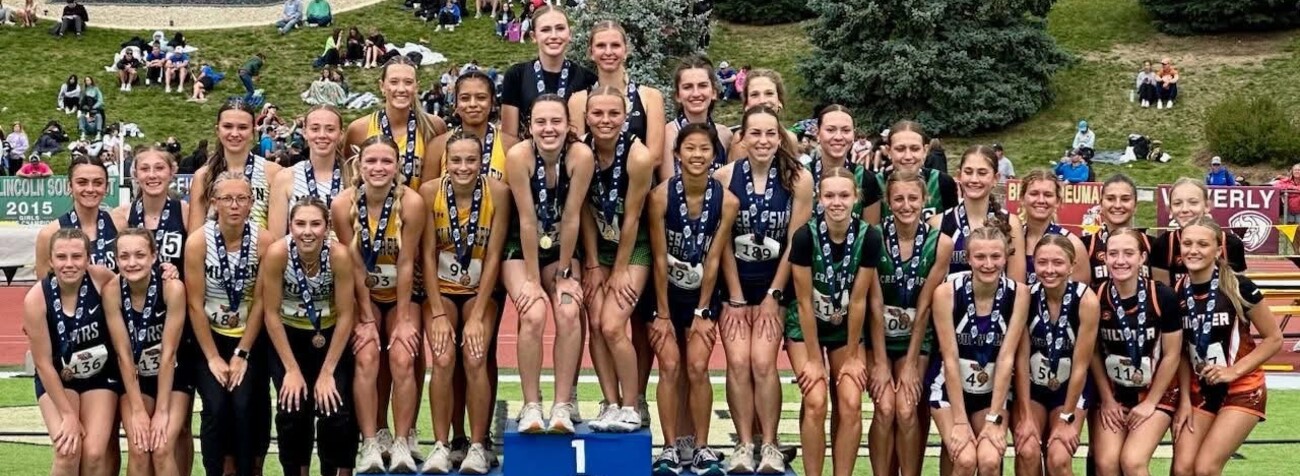

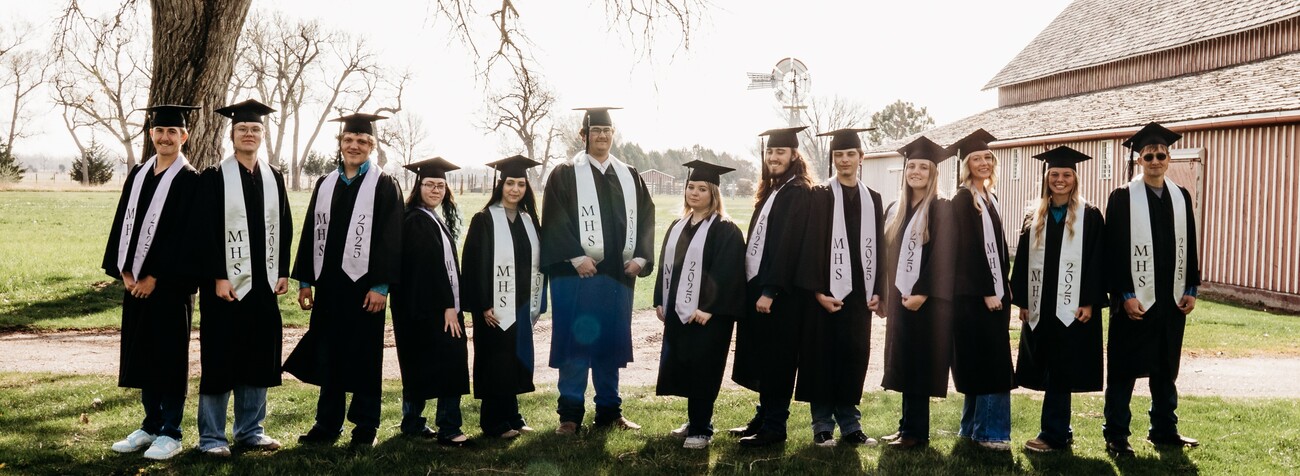


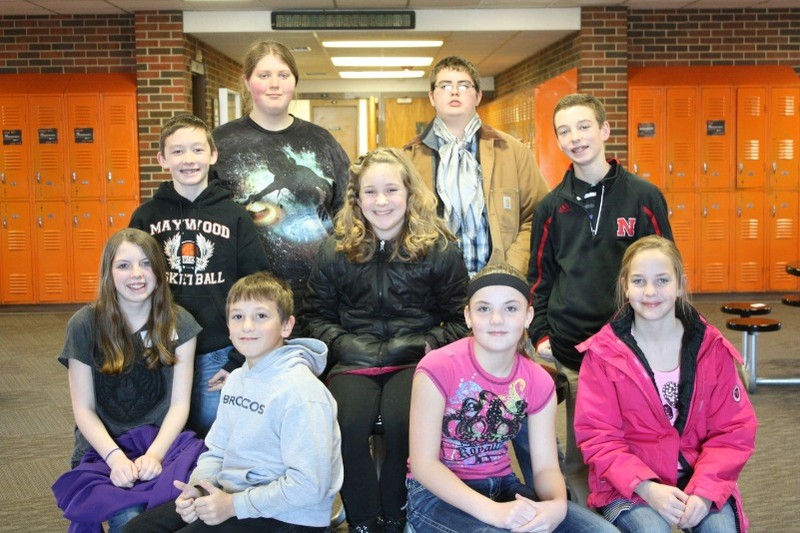
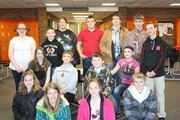
.jpg)
 (175x60).jpg)

.jpg)

 (200x72).jpg)